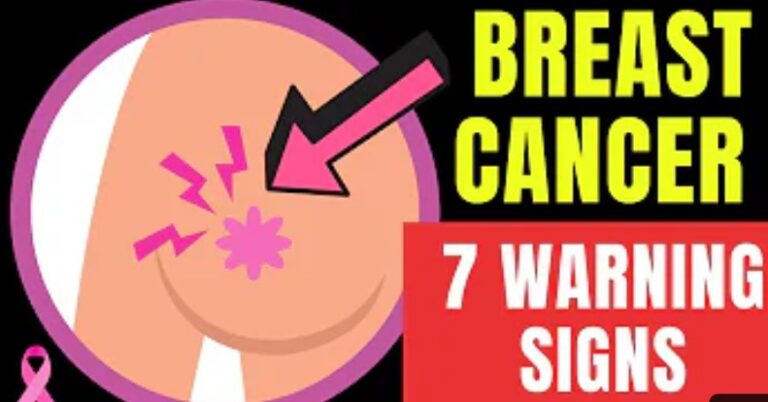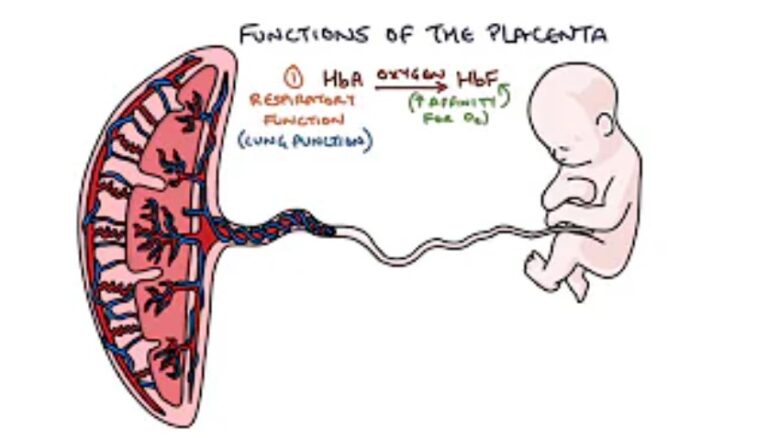Chronic Pelvic Pain: Causes, Symptoms, Treatment
Chronic pelvic pain in a young lady may not always be an infection, what else can it be? Chronic Pelvic Pain is a common condition among women, which brings a lot of discomfort and has a major impact on their quality of life, including workplace activities. About one in ten women in our country have complaints of pain in the pelvic area. It can be very excruciating and unbearable at other times.
There was this lady we saw some time ago, She came to us with a complaint of this excruciating lower abdominal pain on both sides that has refused to leave her for about 14 months. She had done an abdominal scan and a series of lab tests and they told her she had a tube-ovarian abscess (a form of an Ovarian Cyst).
Read about Ovarian Cysts here.
She’s had more than 6 full courses of different antibiotic regimens all to no avail. Her fiance recently broke up with her as a result, because to him, she was cheating and that’s how she got infected.
She was fed up but in all these, she’d never seen a specialist. After evaluation, turned out she had ‘chocolate cysts’, a form of endometriosis. You can read more about Endometriosis here.
Today, we will talk about Chronic Pelvic Pain and other possible causes of this pain in women that have lasted for a long duration.

What is Chronic pelvic pain?
Chronic Pelvic Pain is an intermittent or constant pain that is felt by a woman in her lower abdomen or pelvis for at least 6 months or more. This pain is seen both when she is menstruating as well as when she is not, and it is not linked to sexual intercourse or pregnancy.
Causes of Chronic Pelvic Pain
Chronic Pelvic Pain can be caused by several medical conditions such as:
- Endometriosis
- Adenomyosis
- Pelvic Inflammatory Disease
- Uterine Fibroids
- Ovarian Cysts
- CNS-related Neuropathic Pain
- GIT-related IBD, IBS, Constipation,
Other causes are Pelvic Floor Dysfunction, Interstitial Cystitis, Vulvodynia, etc.
Symptoms of Chronic Pelvic Pain
CPP is itself a symptom of some other underlying medical condition that might be causing the pain, such as those mentioned above.
Treatment for Chronic Pelvic Pain
The treatment of CPP depends on the cause. Any woman having pelvic or lower abdominal pain for over 6 months, should see a doctor (particularly a gynaecologist) for assessment.
Your doctor would guide you on the best possible option for you.
Generally, treatment options include:
- general health advice,
- Use of analgesics: pain reliever to manage the pain,
- hormonal therapies and
- surgery.
The option that would be used depends on the conditions causing the pain and is different from patient to patient.
In summary, you should always consult your doctor whenever you notice anything unusual in your body.
Feel free to ask questions below.






